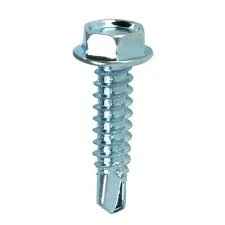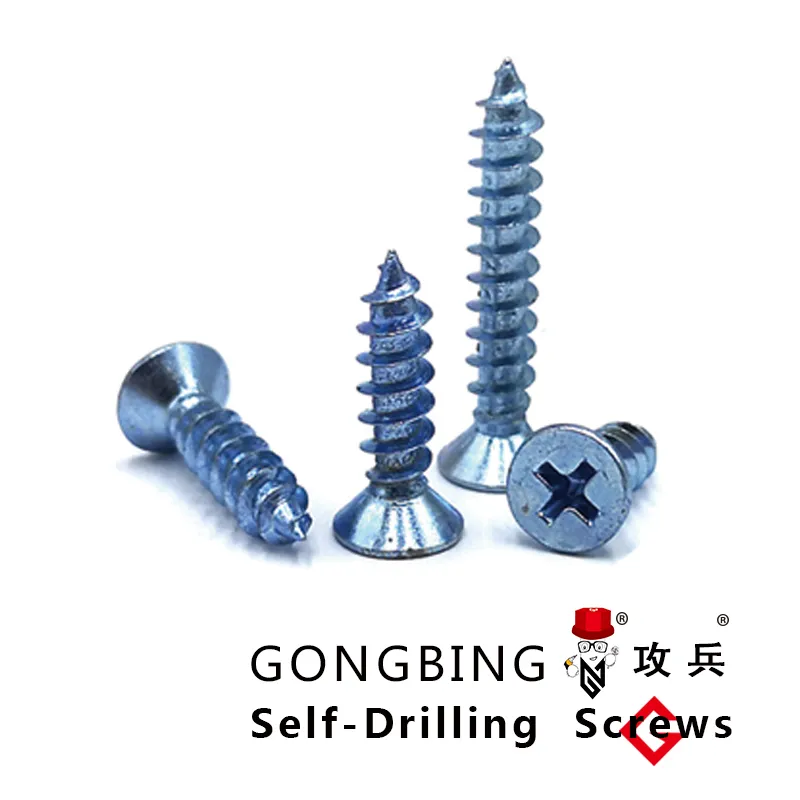Feb . 14, 2025 10:52
Rov qab mus rau npe
foundation bolt material specification
Foundation bolts are critical components in various construction and engineering projects, serving as the primary interface between structures and their concrete foundations. Their reliability and durability are paramount, as they ensure the structural integrity and safety of buildings, machinery, and infrastructure. This article delves into the intricate details of foundation bolt material specifications, providing insights based on real-world experience, technical expertise, and authoritative sources to ensure you make informed decisions for your projects.
In scenarios where lightweight materials are preferred without compromising strength, titanium becomes a viable option. Although more expensive, titanium boasts an excellent strength-to-weight ratio and exceptional corrosion resistance, similar to stainless steel. Industries like aerospace or specialized sectors often opt for titanium due to its premium performance characteristics. It is vital to match the material specification with the grade and size of the bolt, as these directly influence its performance. For instance, using ASTM specifications such as ASTM A307 or ASTM F1554 can guide you in choosing the appropriate grade for carbon steel bolts. Each ASTM specification provides distinct mechanical properties and chemical composition requirements, ensuring that the selected bolt can withstand the intended mechanical and environmental demands. The application’s specific environmental conditions cannot be overlooked in material selection. Bolts exposed to saltwater, for instance, should prioritize corrosion resistance, whereas those in high-temperature settings need materials that retain strength at elevated temperatures. Consulting with material engineers or referring to industry standards and guidelines further enhances decision-making accuracy. Beyond just the material, the fabrication process also plays a crucial role. Forging, threading, and heat treatment are critical steps in manufacturing bolts, each affecting the material’s performance. Proper heat treatment, for example, can significantly enhance the bolt’s strength and ductility. Partnering with a reputable manufacturer ensures that all these processes adhere to the highest quality standards, further enhancing the bolt’s reliability. In conclusion, understanding the nuances of foundation bolt material specifications is crucial for the success of any construction project. By prioritizing tensile strength, corrosion resistance, and compatibility with environmental conditions, you can select the optimum material that ensures durability and safety. Leveraging expertise, authoritative guidelines, and trusted sources not only builds a foundation that supports your structures but also reinforces trust in your engineering decisions. Whether the focus is on cost-efficiency with carbon steel, longevity with stainless steel, strength with alloy steel, or weight considerations with titanium, making an informed decision pivots your project towards unmatched structural integrity.


In scenarios where lightweight materials are preferred without compromising strength, titanium becomes a viable option. Although more expensive, titanium boasts an excellent strength-to-weight ratio and exceptional corrosion resistance, similar to stainless steel. Industries like aerospace or specialized sectors often opt for titanium due to its premium performance characteristics. It is vital to match the material specification with the grade and size of the bolt, as these directly influence its performance. For instance, using ASTM specifications such as ASTM A307 or ASTM F1554 can guide you in choosing the appropriate grade for carbon steel bolts. Each ASTM specification provides distinct mechanical properties and chemical composition requirements, ensuring that the selected bolt can withstand the intended mechanical and environmental demands. The application’s specific environmental conditions cannot be overlooked in material selection. Bolts exposed to saltwater, for instance, should prioritize corrosion resistance, whereas those in high-temperature settings need materials that retain strength at elevated temperatures. Consulting with material engineers or referring to industry standards and guidelines further enhances decision-making accuracy. Beyond just the material, the fabrication process also plays a crucial role. Forging, threading, and heat treatment are critical steps in manufacturing bolts, each affecting the material’s performance. Proper heat treatment, for example, can significantly enhance the bolt’s strength and ductility. Partnering with a reputable manufacturer ensures that all these processes adhere to the highest quality standards, further enhancing the bolt’s reliability. In conclusion, understanding the nuances of foundation bolt material specifications is crucial for the success of any construction project. By prioritizing tensile strength, corrosion resistance, and compatibility with environmental conditions, you can select the optimum material that ensures durability and safety. Leveraging expertise, authoritative guidelines, and trusted sources not only builds a foundation that supports your structures but also reinforces trust in your engineering decisions. Whether the focus is on cost-efficiency with carbon steel, longevity with stainless steel, strength with alloy steel, or weight considerations with titanium, making an informed decision pivots your project towards unmatched structural integrity.
Tom ntej:
Xov xwm tshiab
-
Weatherproof Plastic Expansion Anchors for OutdoorXov xwmJun.06,2025
-
Sustainability in the Supply Chain: Eco-Friendly TEK Screws ProductionXov xwmJun.06,2025
-
Load-Bearing Capacity of External Insulation FixingsXov xwmJun.06,2025
-
Double Head Bolts: Enhancing Efficiency in Industrial MachineryXov xwmJun.06,2025
-
Corrosion Resistance in Chipboard Screws: Coatings for Wholesale DurabilityXov xwmJun.06,2025
-
Butterfly Toggle Bolts : Enhancing Structural ResilienceXov xwmJun.06,2025
